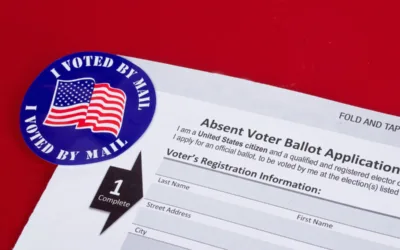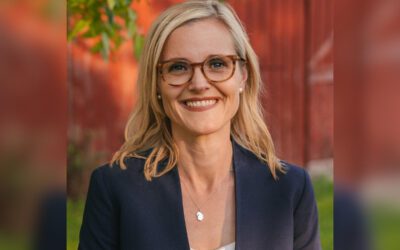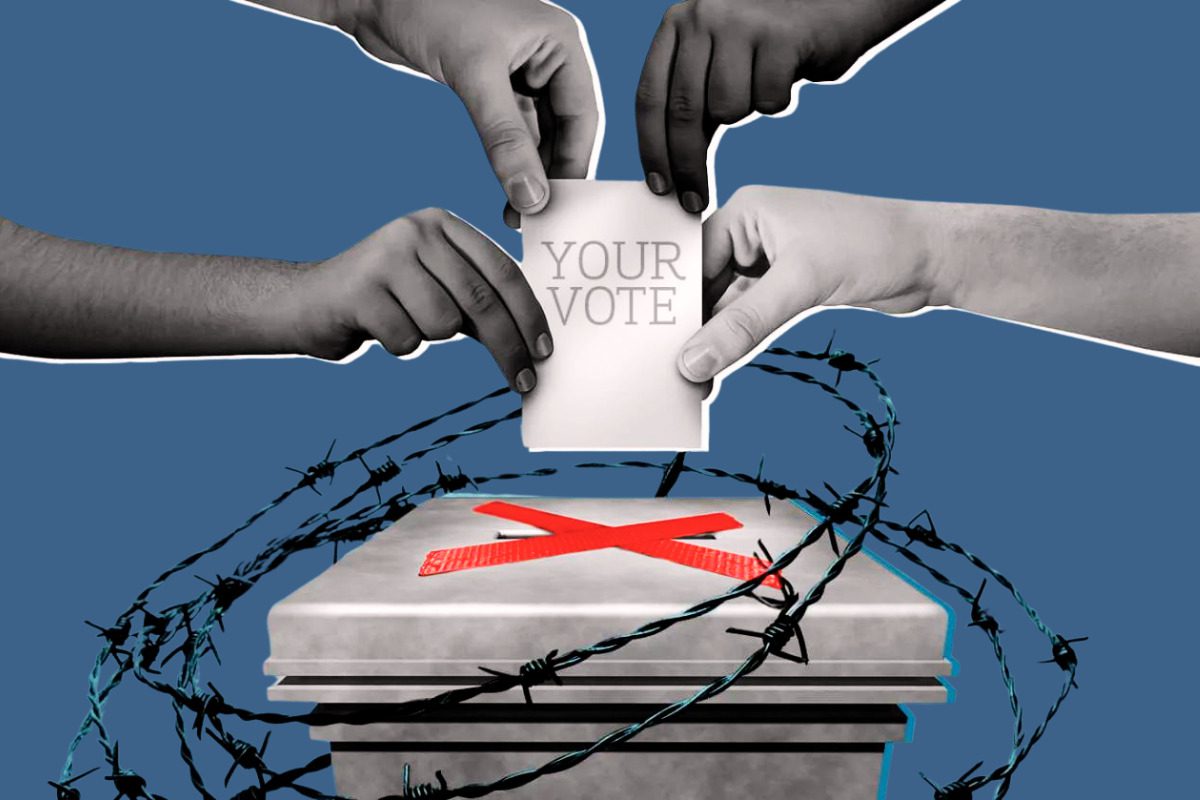
(Illustration by Morgaine Ford-Workman)
Several bills, or “tweaks,” according to state Sen. Joan Ballweg, were based on untrue claims of voter fraud and “irregularities,” and would have added extra burdens to the disabled, led to intimidation at polling places, and made election clerks vulnerable to prosecution.
Voters with disabilities in Wisconsin know they face extra hurdles in carrying out what others consider to be routine tasks, including voting on election day. And sometimes, the most significant barriers come from some of the state legislators who are asking for their vote.
The Republican-controlled Legislature recently opposed a lawsuit filed by disability advocacy groups seeking to allow disabled voters to access the same technology that allows members of the Armed Forces to cast a ballot when deployed overseas.
On June 25, a Dane County judge issued a ruling in the case and sided with the advocacy groups, allowing clerks to email ballots to voters who self-certify that they cannot read or mark a paper ballot without help. The voters can then cast their ballots electronically at home using devices that help them read and write independently. The voters are still required to then print and mail the ballots back to the clerks or return them in person.
Previously, state law allowed ballots to be transmitted electronically only to voters in the military or those overseas.
Republicans asked the judge not to enforce his ruling while they appeal, but he declined last week and upheld his decision.
The objection by GOP lawmakers to this voting convenience is part of a history of proposals and lawsuits that would limit options for disabled voters, bring observers uncomfortably close to voting booths, and threaten local clerks with criminal prosecution for providing minor voter assistance — all under the guise of enhancing election security, despite no evidence of a significant problem.
Rooted in the ‘Big Lie’
When former President Donald Trump falsely claimed there were issues with the 2020 presidential election—an ongoing disinformation campaign criticized as the “Big Lie”—state Sen. Joan Ballweg (R-Markesan) joined a chorus of Republicans willing to spread unfounded claims designed to mislead the public into doubting the outcomes and the methods used to distribute, cast, and count ballots.
“I think there were irregularities that could need to be adjusted and tweaked to have a better handle on elections in general,” Ballweg said at a 2022 listening session. She also claimed, without evidence, that she was “sure there were some places where people took advantage” of voters at residential assisted living facilities.
While Ballweg said she did not see any evidence that the election had been “stolen” from Trump, it did not stop her and her colleagues from using the 2021 and 2023 legislative sessions to file a raft of bills that opponents said would suppress voting rights, especially for people from vulnerable populations.
In 2021, Ballweg sponsored a bill that would have significantly reduced absentee ballot access in Wisconsin. Under one bill, state law would have restricted people in a residential care facility or a nursing home from using anyone other than a guardian or an immediate family member to return their absentee ballot if they could not do so themselves. Under the proposal, voters who had no guardian or immediate family member living in Wisconsin would have to designate, in writing, only one non-family member, who was also a registered voter, to lawfully deliver their ballot.
In committee testimony, Matthew Rothschild of the Wisconsin Democracy Campaign outlined several ways the proposal would have prevented a citizen from exercising their right to vote.
“What if the legal guardian or immediate family members are actually residing in Wisconsin but aren’t available? What if the person is disabled and can’t write? How can the person then designate, in writing, the one non-family member to deliver the ballot? What if a husband and wife in a nursing home want to use the same non-family member to deliver their ballots? They can’t do that under this bill. That’s ridiculous.”
Republicans passed the bill to Gov. Tony Evers, who promptly vetoed it.
“These unnecessary restrictions would significantly reduce the circle of people who a confined voter could turn to for help with absentee voting,” Evers said. “Furthermore, requiring a voter to write a letter designating a non-family member to return their absentee ballot is an unfair and unnecessary burden on what is likely an already vulnerable voter.”
As Evers noted in his veto message, Wisconsin elections have always been shown to be secure.
“Our state laws already prohibit a person from receiving and then failing to deliver official ballots, preventing their delivery in time, and destroying or concealing the ballots. This bill adds no additional security or fraud prevention beyond what our state laws already provide. One can easily imagine the ways that the measures proposed in this bill would result in voters being deprived of their fundamental right to vote.”
Close Quarters at Voter Check-In
Current state law allows members of the public to observe how an election is being conducted, noting any observation areas must be three to eight feet away from the tables where voters provide their name and address and where people can register to vote. A Republican bill would have mandated that observers be allowed three feet or closer to those tables.
Critics called it voter intimidation and a threat to the confidentiality of documents that are sometimes provided at those tables—documents that might contain bank account numbers, birth dates, driver’s license numbers, and so on. That concern was missing from a 2021 press release by Sen. Duey Stroebel (R-Saukville) promoting the GOP election bills, in which he merely argued that the bill “establishes stronger protections for election and recount observers.”
Evers vetoed that bill, as well.
Intimidating and Prosecuting Local Clerks
Evers also vetoed a bill that would have made it a crime for local election clerks to correct minor mistakes on an absentee ballot. Clerks would either have to return ballots to voters or toss out ballots unless all of the following fields had zero mistakes: The voter’s printed first name, last name, house or apartment number, street name, voter’s signature; the witness’s printed first name, last name, house or apartment number, street name, municipality, and signature.
Clerks who fixed minor errors on their own could have faced fines and up to 30 days in jail.
“There is a clear difference between a ballot where the witness simply missed the zip code portion of the address, though the rest was complete, and a ballot that has no witness at all,” Evers wrote the Legislature. “This bill would treat all errors the same, requiring all ballots with even the most inconsequential mistake to either be discarded or sent back to the voter if the clerk has time. Surely disqualifying a ballot based on such trivial technicalities is contrary to the spirit of democracy and I cannot support this type of legislation.”
Finally, another Republican bill vetoed by Evers would have allowed district attorneys, who are partisan elected officials, to bypass the Wisconsin Elections Commission complaint process and attempt to prosecute suspected election law violators in nearby counties other than their own. For example, a district attorney in heavily Republican Ozaukee County would be able to launch an investigation if they claim to suspect a violation in heavily Democratic Milwaukee County and vice versa.
Stroebel said the bill “expands enforcement options for election law violators.”
Watchdog groups saw it differently and said it “invites endless harassment of our election officials and endless litigation, and it would allow venue shopping in the courts to seek a favorable outcome — making it more difficult than ever to find people willing to be an election official,” Rothschild said.
Rothschild, now retired, and the Wisconsin Democracy Campaign characterized the bills as attacks on democracy.
“This effort reinforces a pernicious lie and feeds a dangerous mass delusion about the legitimacy of the Biden presidency, and it corrodes the cornerstone of our democracy, which is respect for our electoral process,” Rothschild told lawmakers. “I urge you not to further this lie. I urge you not to feed this delusion.”
Are you ready to vote? Make sure to check your voter registration status, see who’s on your ballot, and make a voting plan here.
Support Our Cause
Thank you for taking the time to read our work. Before you go, we hope you'll consider supporting our values-driven journalism, which has always strived to make clear what's really at stake for Wisconsinites and our future.
Since day one, our goal here at UpNorthNews has always been to empower people across the state with fact-based news and information. We believe that when people are armed with knowledge about what's happening in their local, state, and federal governments—including who is working on their behalf and who is actively trying to block efforts aimed at improving the daily lives of Wisconsin families—they will be inspired to become civically engaged.

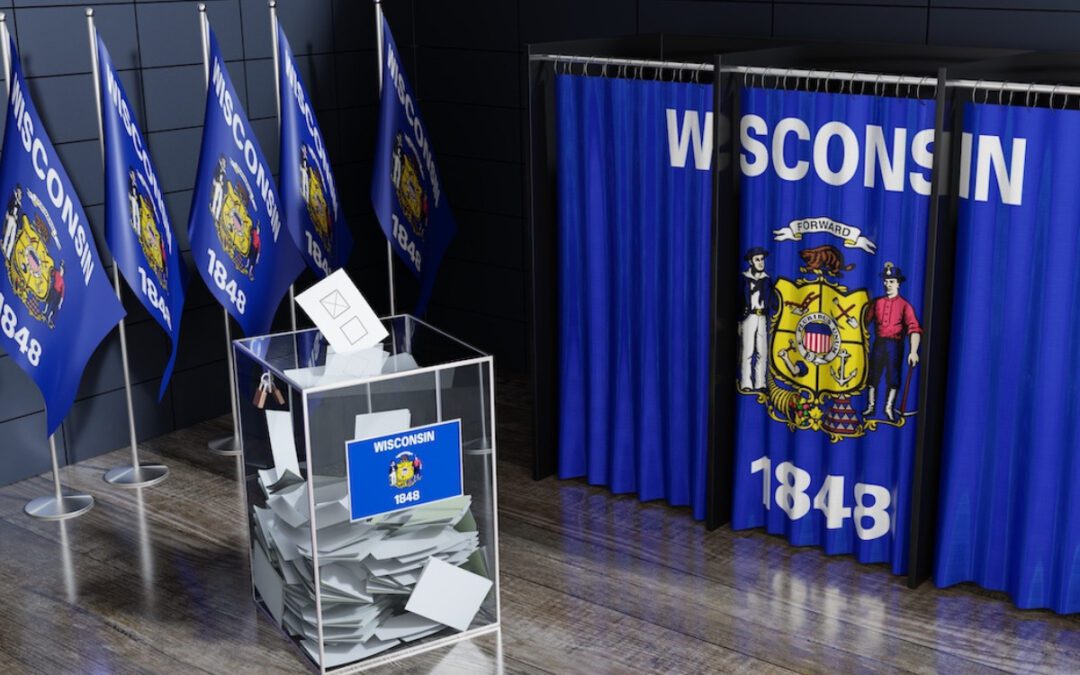
What you need to know about Wisconsin elections in 2026
Here are the important dates, key races, and the top issues that can determine our state’s future. There are two vital lessons we should take from...

Wisconsin doesn’t vote Nov. 4, but here are the 2026 election dates
While voters in places like New Jersey, Virginia, California and New York City go to the polls Tuesday, Nov. 4, Wisconsinites have to wait a bit...
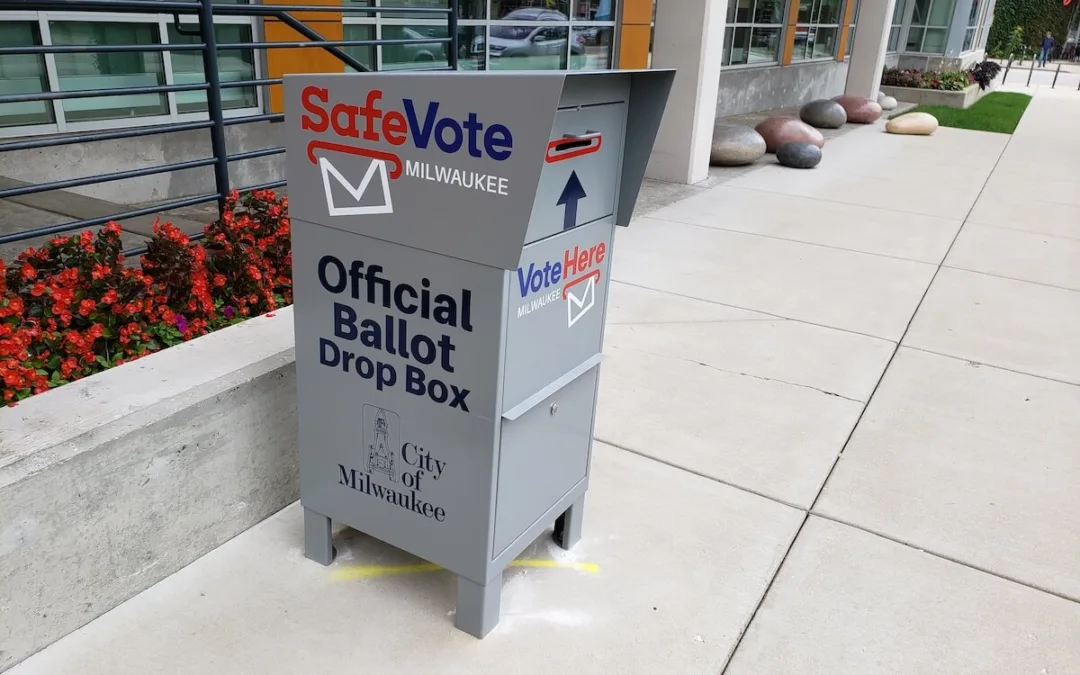
Wisconsin Republicans introducing new bill to ban absentee ballot drop boxes
Conservative state Supreme Court justices banned drop boxes in 2022, but they were restored when the court came under liberal control in 2024....
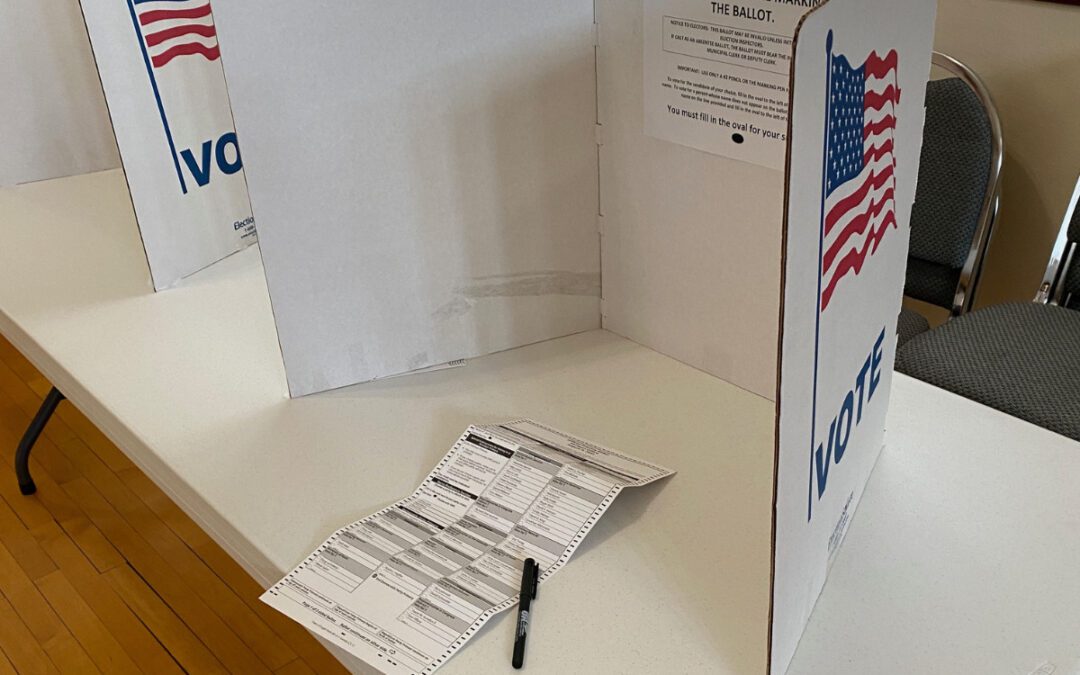
Citizen-driven ballot initiatives can’t happen in Wisconsin, but some people are trying to change that
About half the states have some process that allows citizens to collect enough signatures to force statewide referendums — something only the...



